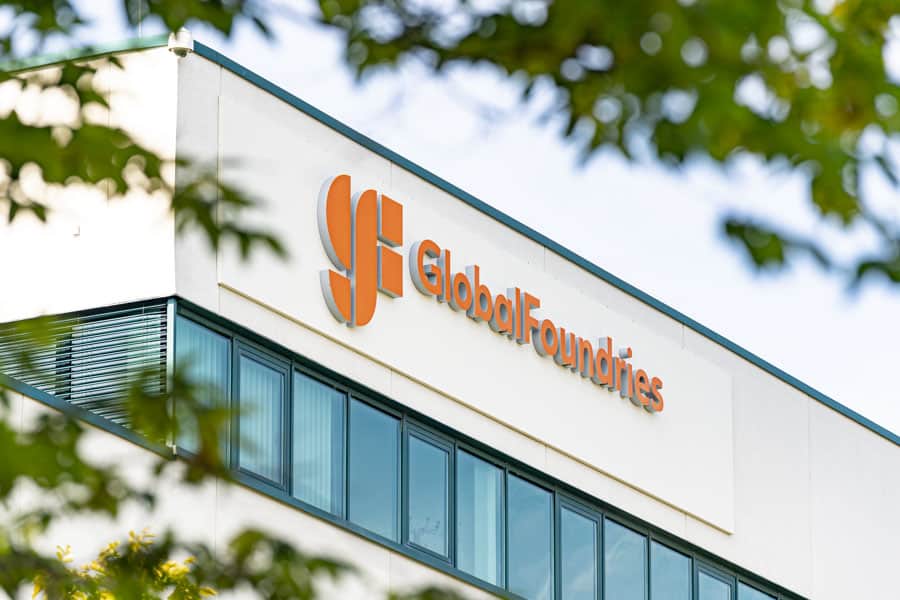 INFRA
INFRA
 INFRA
INFRA
 INFRA
INFRA
IBM Corp. and GlobalFoundries Inc. announced today that they’ve agreed to end a years-long legal dispute that focused on their respective chip development efforts.
For nearly five decades, IBM manufactured semiconductors using a network of in-house fabs. It produced the first mass-market DRAM device and later invented silicon-germanium chips, specialized circuits that are commonly used in wireless networking gear. The company exited the semiconductor manufacturing market in 2015.
IBM paid GlobalFoundries $1.5 billion that year to take over its chip business, which was unprofitable at the time. The deal bought the latter company two fab complexes along with a portfolio of over 16,000 semiconductor-related patents and patent applications. GlobalFoundries, a former Advanced Micro Devices Inc. unit, makes chips for other companies based on legacy manufacturing nodes.
In exchange for IBM’s fab assets, GlobalFoundries inked a 10-year agreement to supply the company with processors. This agreement was a core focus of their freshly concluded legal dispute.
In 2021, IBM sued GlobalFoundries for alleged breach of contract. It accused the chipmaker of reneging on a commitment to make 10-nanometer processors in order to prioritize the development of a more advanced seven-nanometer node. The lawsuit charged that GlobalFoundries eventually also scrapped its seven-nanometer development efforts.
In 2023, GlobalFoundries responded by filing a lawsuit of its own against IBM. The complaint accused the latter company of sharing GlobalFoundries’ trade secrets with Intel Corp. and Rapidus Corp., a Japanese chip manufacturer.
After IBM sold its chip business to GlobalFoundries, it retained a semiconductor research center in upstate New York. In 2021, researchers at the lab unveiled the world’s first implementation of two-nanometer chip technology. The same year, IBM inked a partnership with Intel to support the chipmaker’s semiconductor development efforts.
A few months later, IBM teamed up with Rapidus to help the company mass produce processors based on its two-nanometer technology. Last month, the companies announced a new technical milestone in the effort. IBM and Rapidus have developed a manufacturing technique that addresses some of the challenges involved in mass-producing two-nanometer chips.
In a joint statement issued this morning, IBM and GlobalFoundries said that they have agreed to resolve “all litigation matters.” They added that ending the litigation “allows the companies to explore new opportunities for collaboration in areas of mutual interest.” That suggests GlobalFoundries could potentially draw on IBM’s semiconductor research expertise down the road to enhance its technology.
“We are pleased to have reached a positive resolution with IBM, and we look forward to new opportunities to build upon our long-standing partnership to further strengthen the semiconductor industry,” said GlobalFoundries Chief Executive Officer Thomas Caulfield.
GlobalFoundries is among the world’s top makers of silicon-germanium chips, one of the product categories invented by IBM’s former semiconductor business. It also makes standard silicon circuits for consumer devices, cars and and data center hardware.
Support our mission to keep content open and free by engaging with theCUBE community. Join theCUBE’s Alumni Trust Network, where technology leaders connect, share intelligence and create opportunities.
Founded by tech visionaries John Furrier and Dave Vellante, SiliconANGLE Media has built a dynamic ecosystem of industry-leading digital media brands that reach 15+ million elite tech professionals. Our new proprietary theCUBE AI Video Cloud is breaking ground in audience interaction, leveraging theCUBEai.com neural network to help technology companies make data-driven decisions and stay at the forefront of industry conversations.